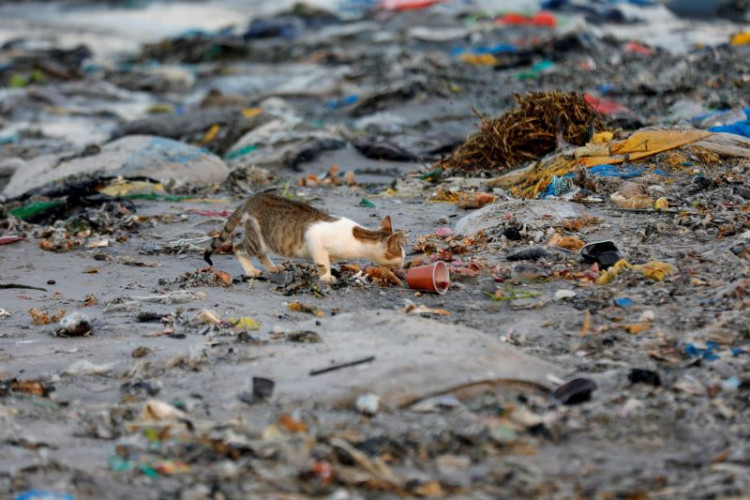Biotechnology company Sinogene successfully bred what it claimed as China's first cloned pet kitten, Garlic. The company announced that Garlic was born on July 21 in one of its laboratories.
Wang Jidong, CEO of Sinogene, told a press conference that Garlic was born from an embryo carried by a surrogate mother cat. Garlic was examined by a third-party clone verification organization, confirming that she was healthy upon birth, Wang said. The cloning process was started in August 2018.
Garlic could be considered as a breakthrough case not only for Sinogen but for China's entire animal biotech industry. The achievement is one big leap forward for the country's cloning capabilities. Experts said cats are among the many animals that are challenging to clone. One reason for this is that the feline has complicated reproductive characteristics.
At the same time, Sinogene boasts that the cloning technology used for Garlic has a higher success rate compared to methods used by other biotech companies participating in the relatively still small animal cloning market. Moving forward, Sinogene said its cloning technology will be used in breeding species that are already at the brink of extinction. It plans to work with the Chinese government to create a library of endangered species.
Sinogene has always been at the forefront of China's cloning capabilities. In December last year, the company cloned Juice, the celebrity dog who has starred Chinese films and local television shows.
The juice was neutered since he was adopted off the streets. Unable to reproduce his puppies that can take his place in the entertainment industry, his owner sought Sinogene's services to make Juice's genetic clone.
Sinogene is China's biotech company to offer pet cloning services. The company first made headlines after cloning a gene-edited beagle in May in 2017. It has since been charging clients $55,065 for its cloning services.
Pet cloning is a technology that has long been around in some parts of the world although the technology remains to still be limited at present. There have also been strong reactions from animal rights advocates. In Western countries, pet cloning services are known to be something that only celebrities can afford.
Sooam, a biotech lab in South Korea, is considered the pioneer in the pet cloning industry after cloning a dog in 2005. The company is charging $1,000 for clients who want to clone their dogs. The first successful cloning was Dolly the sheep which was bred by a group of scientists in 1996.






